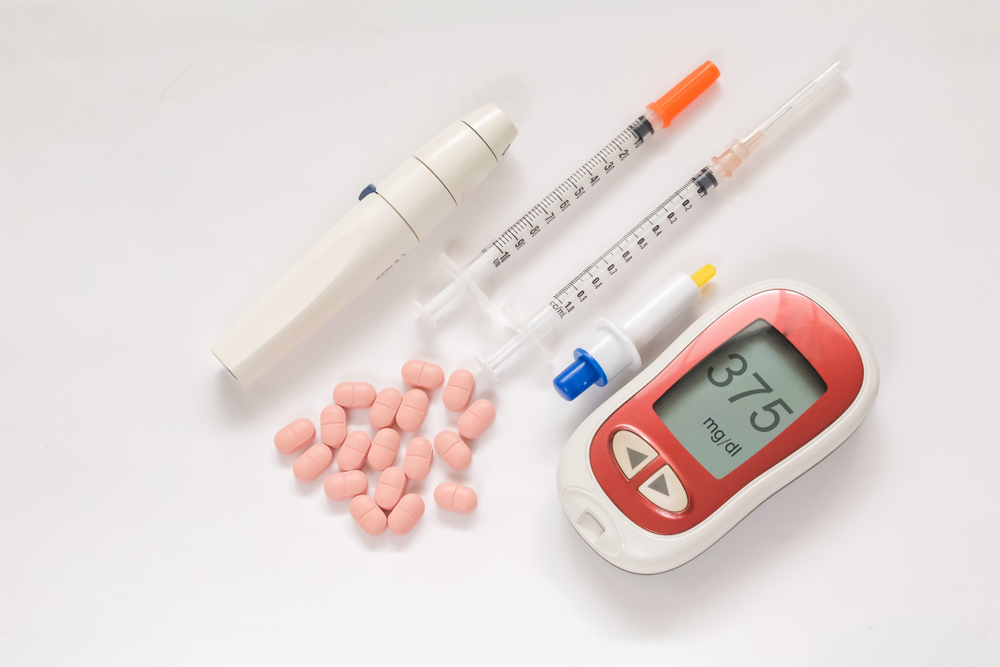Sonora dentist Dr. Justin Liggett is passionate about educating patients on the importance of good oral health and its connection to overall health. One important aspect of oral health that is often overlooked is its relationship with diabetes. In this post, we will explore the link between diabetes and oral health and provide insights on how to maintain good oral health if you have diabetes.
Diabetes is a chronic condition that affects the body’s ability to produce or use insulin effectively. It is a well-known risk factor for many health problems, including heart disease, stroke, kidney disease, and blindness. What is less known is that diabetes also affects oral health. People with diabetes are at a higher risk of developing oral health problems such as gum disease, dry mouth, tooth decay, and infections.
Gum disease, also known as periodontal disease, is one of the most common oral health problems associated with diabetes. High blood sugar levels in people with diabetes can cause damage to blood vessels, which can lead to reduced blood flow to the gums. As a result, the gums become inflamed and are more susceptible to infection. In severe cases, gum disease can lead to tooth loss.
Another common oral health problem associated with diabetes is dry mouth. Diabetes can cause a decrease in saliva production, leading to dry mouth. Saliva helps to wash away food particles and neutralize acid in the mouth, so a decrease in saliva production can increase the risk of tooth decay and other oral health problems.
Tooth decay is also more common in people with diabetes. High blood sugar levels can create a breeding ground for bacteria in the mouth, which can lead to tooth decay. In addition, people with diabetes may have a weakened immune system, making it harder for their body to fight off infections.
If you have diabetes, it is important to take extra care of your oral health. Here are some tips on how to maintain good oral health:
- Control your blood sugar levels: One of the best ways to maintain good oral health if you have diabetes is to keep your blood sugar levels under control. This will help to reduce the risk of oral health problems.
- Brush and floss regularly: Brush your teeth at least twice a day and floss at least once a day to remove food particles and plaque from your teeth.
- Visit your dentist regularly: It is important to visit your dentist regularly for check-ups and cleanings. Your dentist can monitor your oral health and detect any problems early on.
- Quit smoking: Smoking can increase the risk of gum disease and other oral health problems. If you smoke, quitting is one of the best things you can do for your oral and overall health.
- Be vigilant about oral health problems: If you notice any changes in your oral health, such as bleeding gums, dry mouth, or tooth sensitivity, contact your dentist right away. Early detection and treatment of oral health problems are key to maintaining good oral health.
In conclusion, diabetes and oral health are closely linked, and people with diabetes are at a higher risk of developing oral health problems such as gum disease, dry mouth, and tooth decay. To maintain good oral health, it is important to control blood sugar levels and practice good oral hygiene habits such as brushing at least twice a day, flossing daily, and visiting the dentist regularly.
At Morning Star Dentistry in Sonora, California, Dr. Justin Liggett and his team are dedicated to providing personalized, high-quality dental care to patients of all ages, including those with diabetes. They understand the importance of a healthy mouth in managing diabetes and offer a range of services to help patients maintain good oral health. With his knowledge and professional compassionate care, Dr. Liggett can help you manage your oral health and overall wellness for a healthier, happier life.


